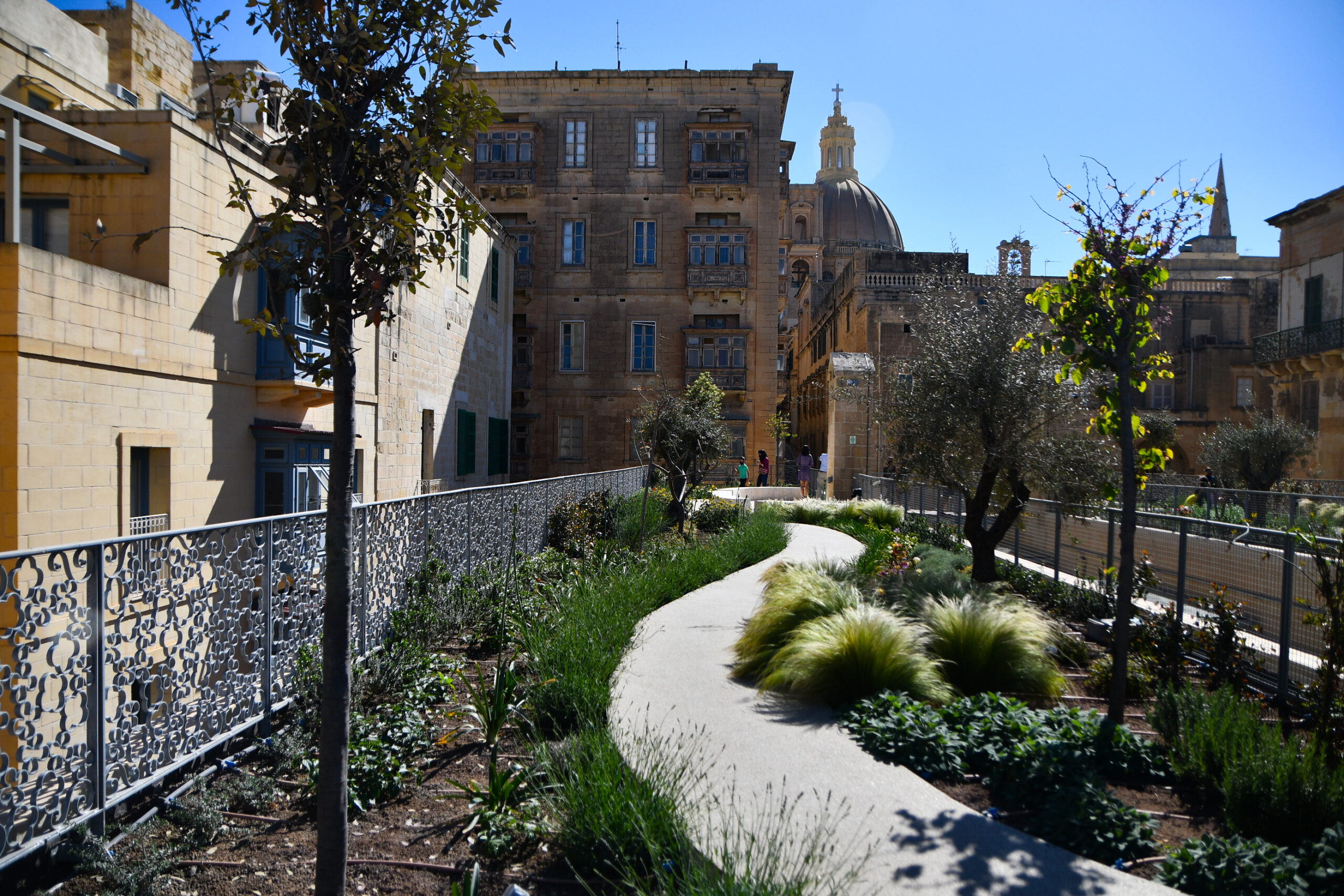We encourage you to celebrate this iconic project and support our green initiatives by voting for the Valletta Design Cluster project.
The public voting for the #ClimateOn Malta Awards closes on Wednesday 20th October 2021. The initiative with the most likes and shares will win the Public Award Trophy.
The Malta Climate Action Awards include five categories:
• Change Agents aimed at actions taken by the private sector to reduce emissions or adapt to impacts;
• Facilitators aimed at actions taken by the public sector to help bring about change on the part of the government;
• Illuminators aimed at academics who create new knowledge to inform us about the effects of climate change;
• Innovators aimed at creative people who generate new ways to mitigate and adapt in the best way to climate change;
• Engagers aimed at groups working to raise awareness and educate people about climate change.
There will be five winners (one from each category), while a general winner will also be chosen from the five winners who will be awarded the title of ‘Climate Action Crusader’.
The Valletta Design Cluster was a resounding success in terms of how to develop a sustainable building for the green cities of tomorrow.
Officially inaugurated earlier this year, the Cluster can be considered a pilot project in how to scale up green infrastructure in urban areas such as Valletta. The community space for cultural and creative practice situated in the renovated Old Abattoir building (il-Biċċerija) in Valletta, houses a roof garden which helps increase oxygen in our atmosphere while also contributing a green public space in a fortified urban city.
The newly restored building housing the Valletta Design Cluster also makes use of solar energy, generated from a glass canopy installed over the Cluster’s central courtyard that has in-built photovoltaic (PV) cells, thus reducing Cluster’s dependence on fossil fuel energy.
Furthermore, the greenery on the roof also helps to keep the temperature stable inside the rooms underneath, making the space less dependent on artificial cooling and heating throughout the year. The watering of the garden is also sustainable as the irrigation system is connected to two large underground cisterns that are fed by a new rainwater catchment system installed in the building.
The choice of greenery, shrubs and trees reflects the Mediterranean climate and the building’s location to reduce the need of excessive watering.
Be sure to submit your vote and continue following us for further initiatives.
